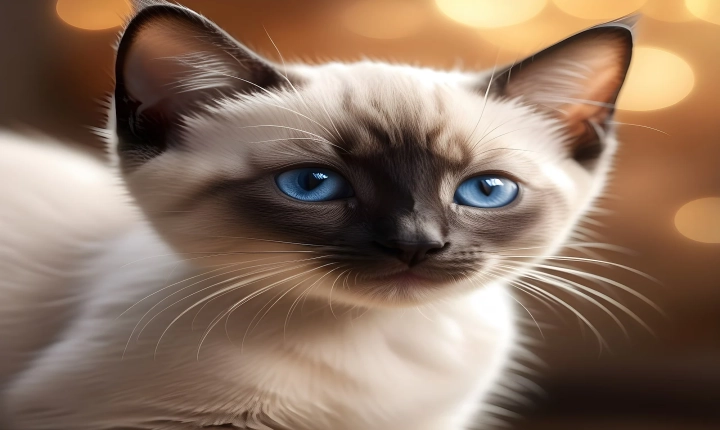In recent years, there has been a surge in the creation of AI-generated art, as artists use artificial intelligence to produce stunning and innovative pieces. These works often require specialized methods to be saved in high definition, so that their intricate details and vibrant colors can be preserved. In this article, we will explore the best practices for saving AI art in high definition.
Choose a High-Quality File Format
One of the first considerations when saving AI-generated art is the file format. For high-definition preservation, it’s essential to select a file format that supports high resolution and retains image quality. Formats such as TIFF and PNG are ideal for saving AI art, as they offer lossless compression and enable a high level of detail to be preserved.
Save in a Large Resolution
AI art often contains intricate patterns, fine details, and a wide range of colors. To capture these elements in high definition, it’s important to save the artwork in a large resolution. This ensures that the art can be displayed and printed in its full glory without losing quality. Aim for a resolution of at least 300 DPI (dots per inch) to maintain high-definition clarity.
Use Proper Color Management
Artwork created with artificial intelligence often features a wide color palette and intricate color details. When saving AI art in high definition, it’s crucial to use proper color management techniques to retain the accuracy and vibrancy of the colors. Utilize color profiles, such as Adobe RGB or sRGB, to ensure that the colors are reproduced accurately across different devices and media.
Consider Metadata and Documentation
Preserving AI art in high definition goes beyond just the visual aspect. It’s also important to consider the metadata and documentation associated with the artwork. Include relevant information, such as the artist’s name, creation date, AI model used, and any other pertinent details. This not only adds context to the artwork but also ensures its authenticity and provenance.
Protect Against Loss and Decay
To safeguard AI-generated art in high definition, it’s essential to protect the digital files against loss and decay. Implement a robust backup strategy to ensure that the artwork is preserved for the long term. This may involve storing the files in multiple locations, using cloud storage, and regularly updating backup copies.
Ensure Compatibility and Accessibility
Lastly, when saving AI art in high definition, consider the importance of compatibility and accessibility. Choose file formats and storage methods that are widely supported and easily accessible across different platforms and devices. For example, consider using widely supported file formats and ensuring that the artwork can be easily viewed and shared by a diverse audience.
In conclusion, saving AI-generated art in high definition requires careful consideration of file formats, resolution, color management, metadata, preservation techniques, and accessibility. By following these best practices, artists and creators can ensure that their AI art is preserved in all its high-definition glory for years to come.
